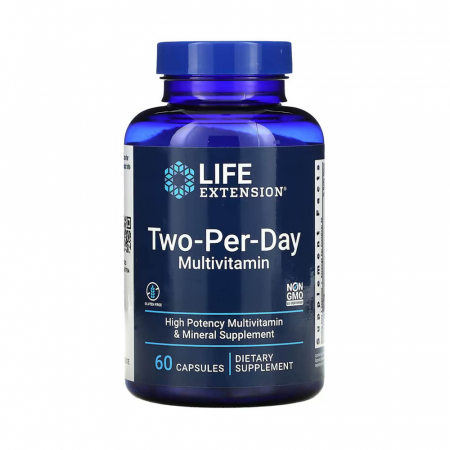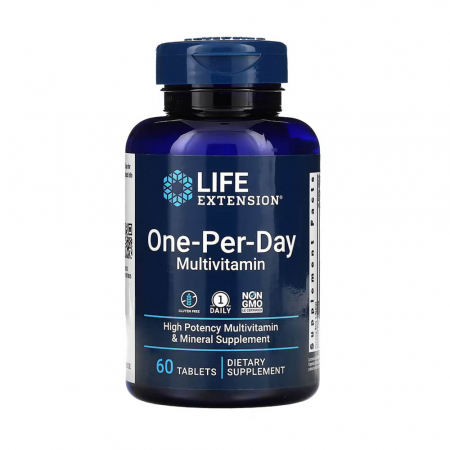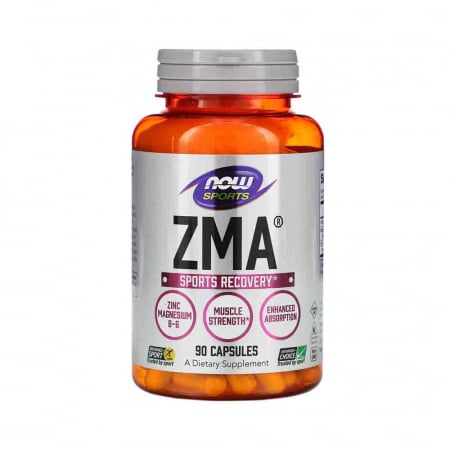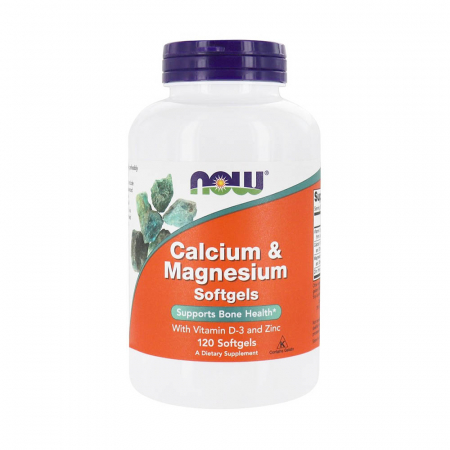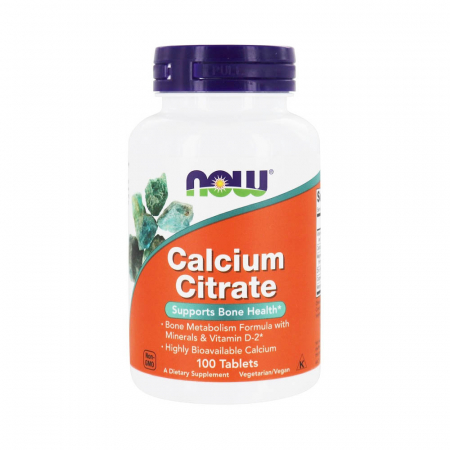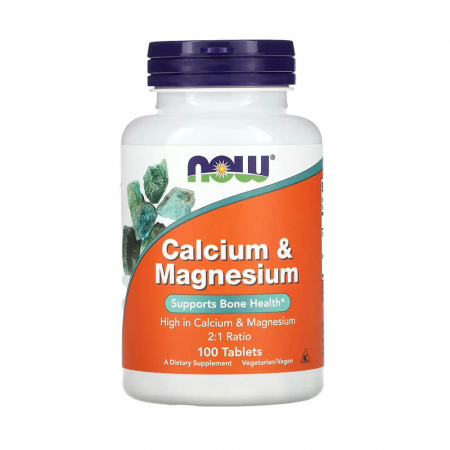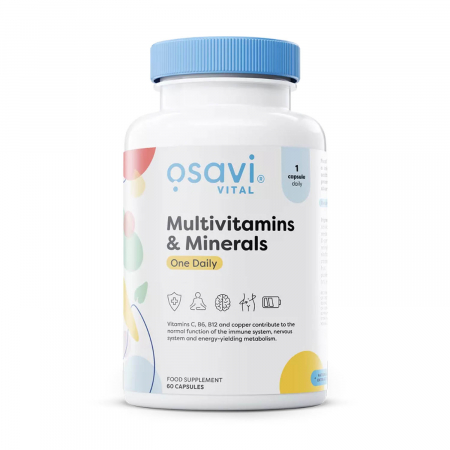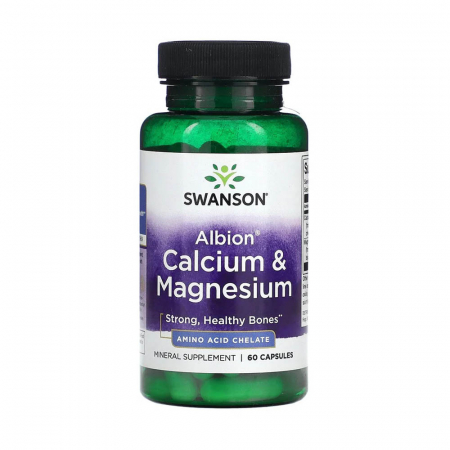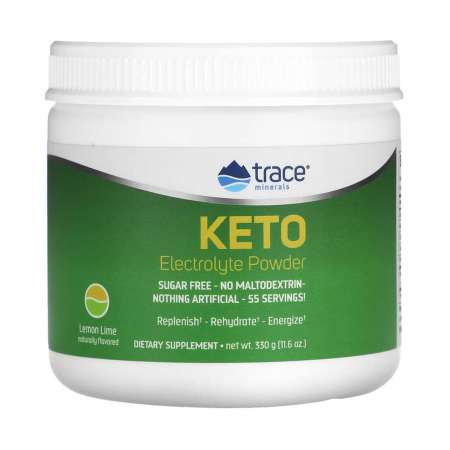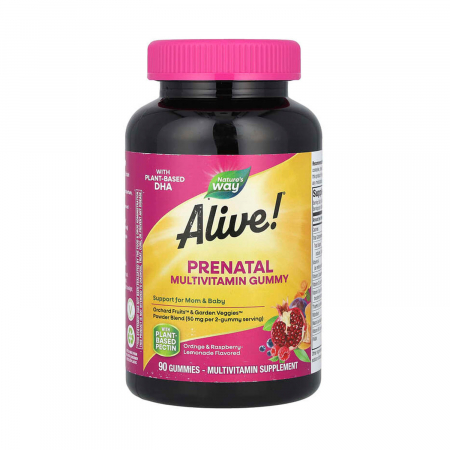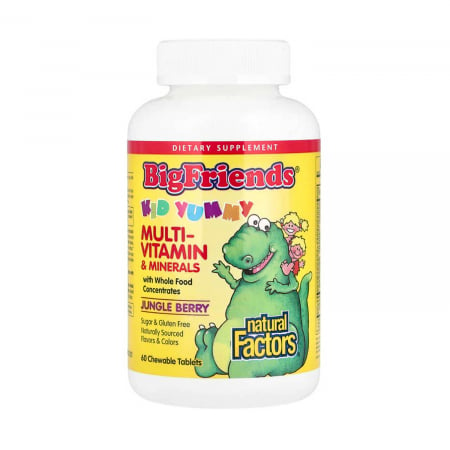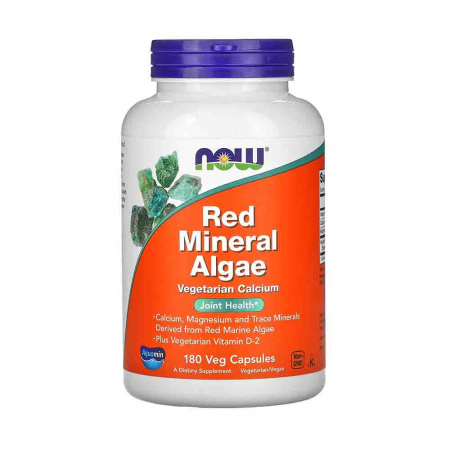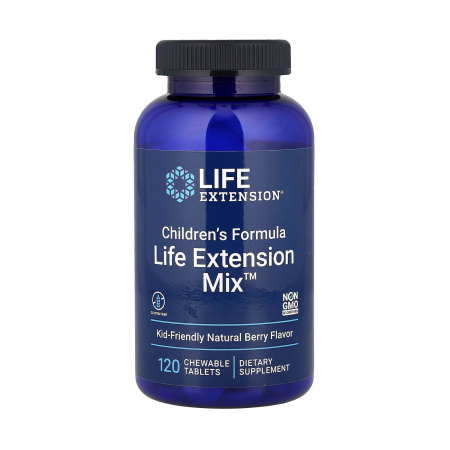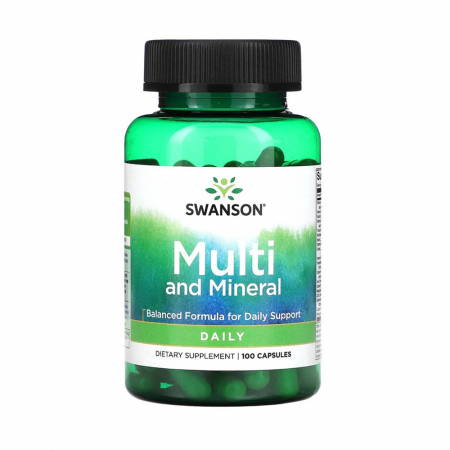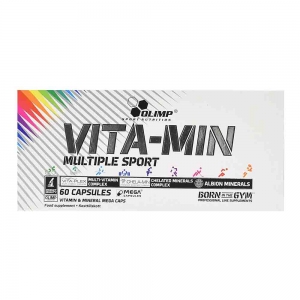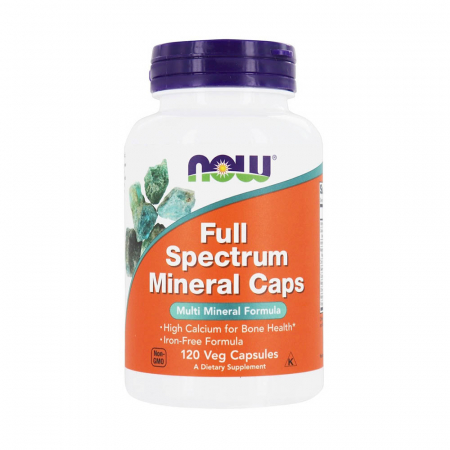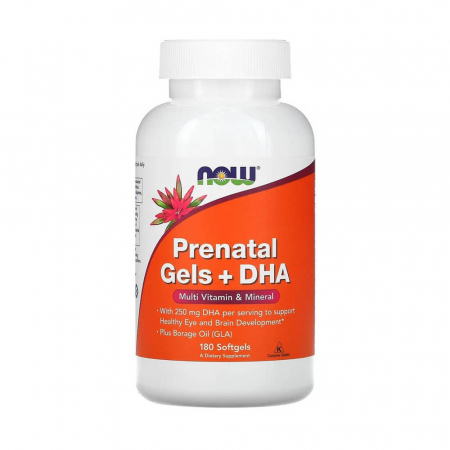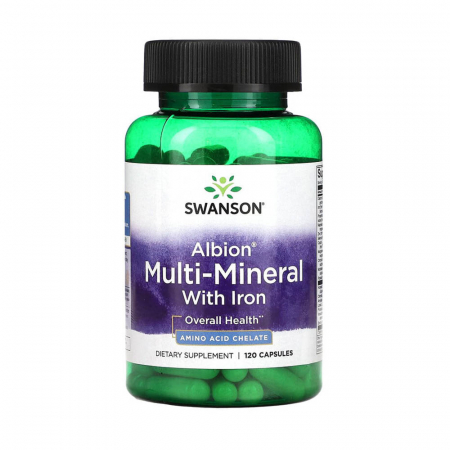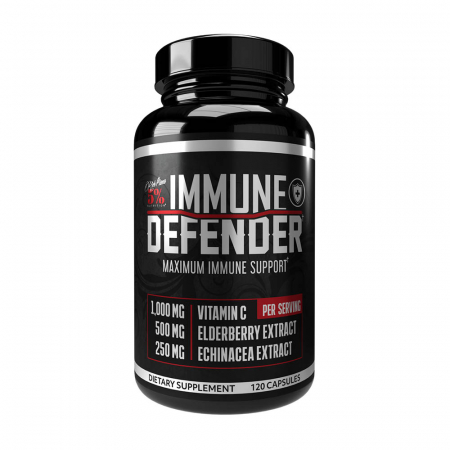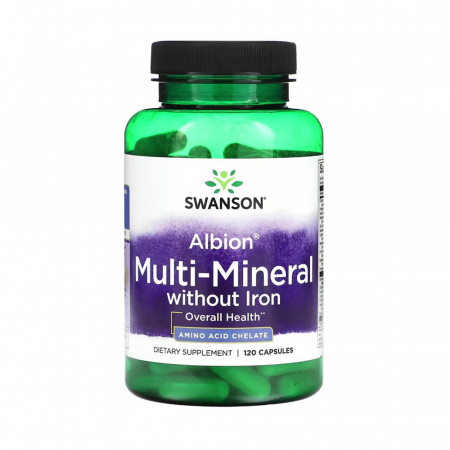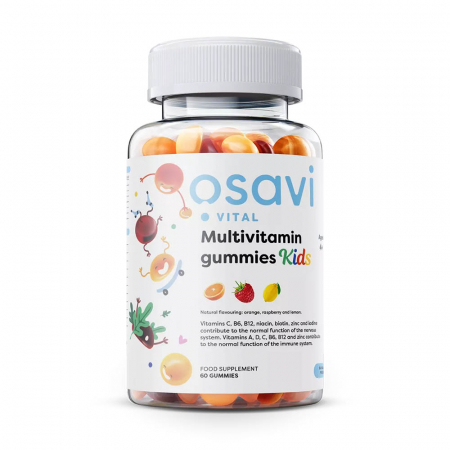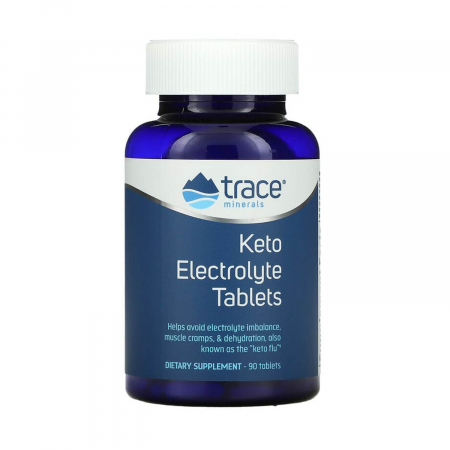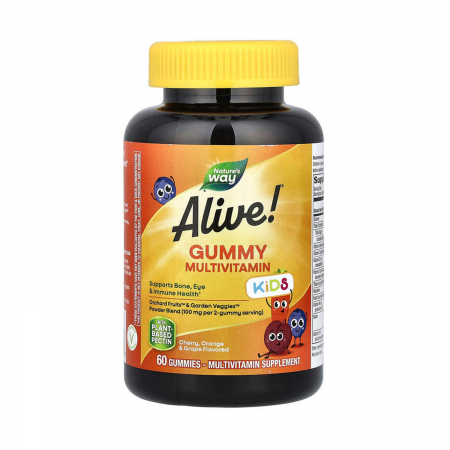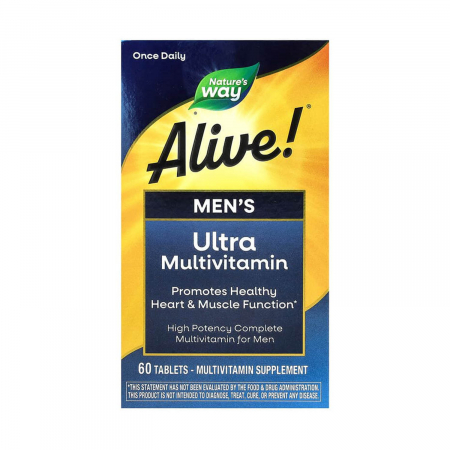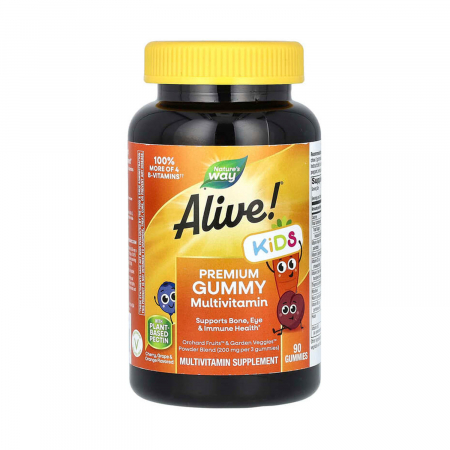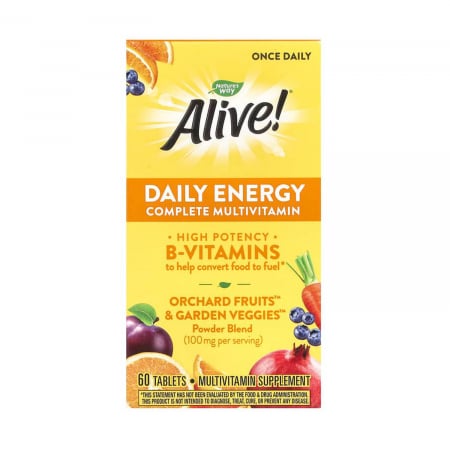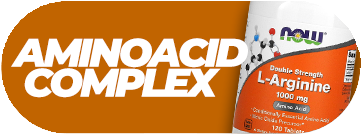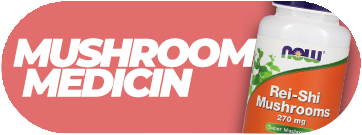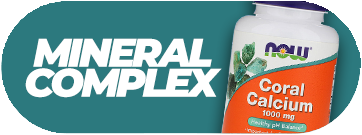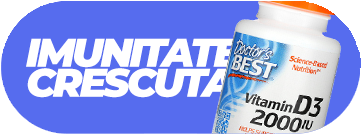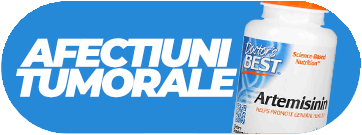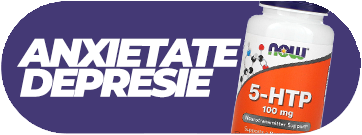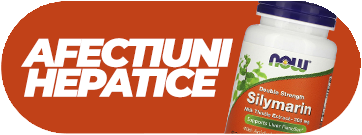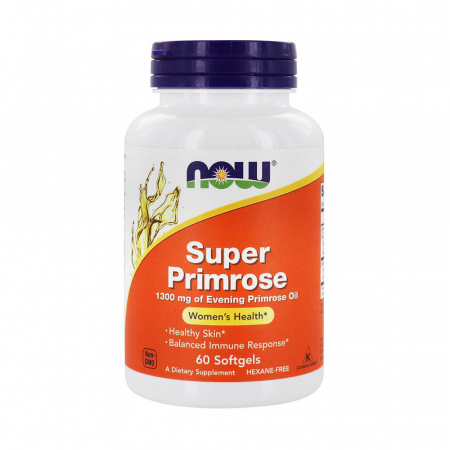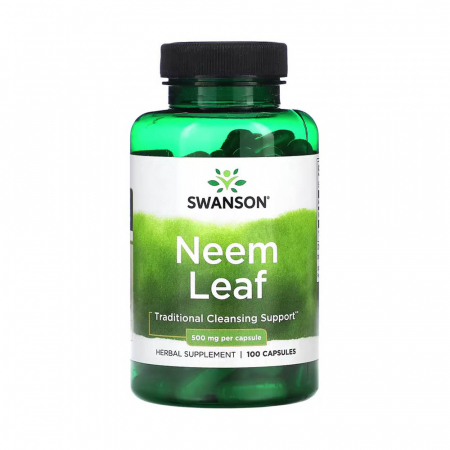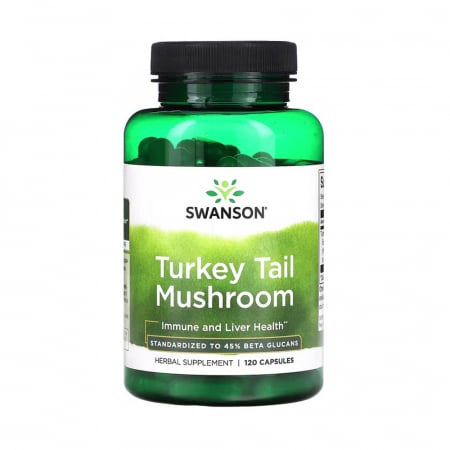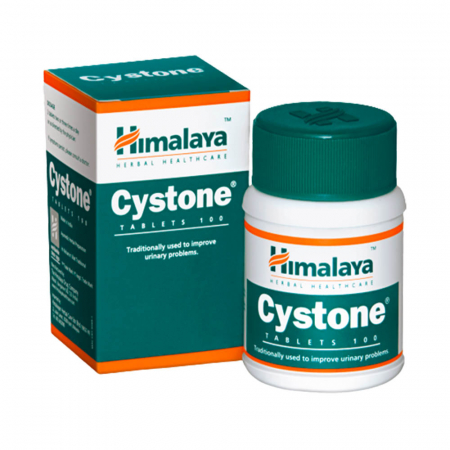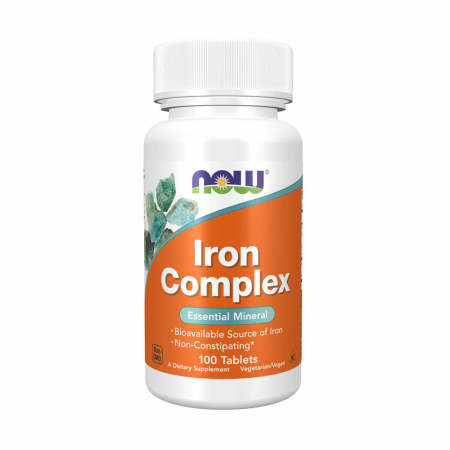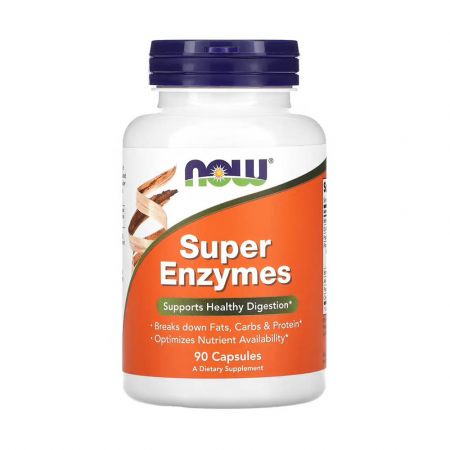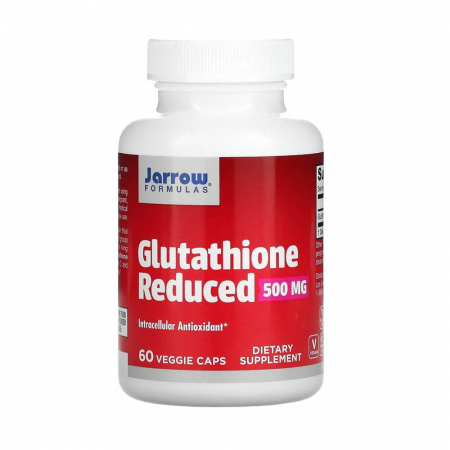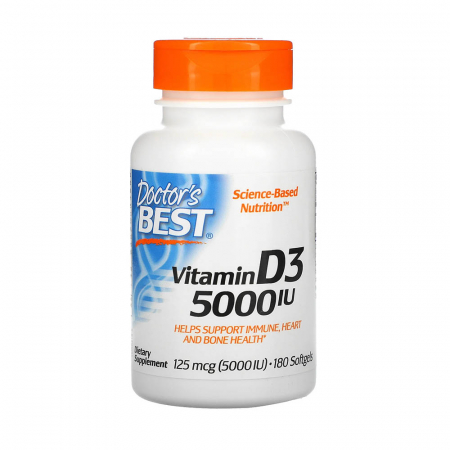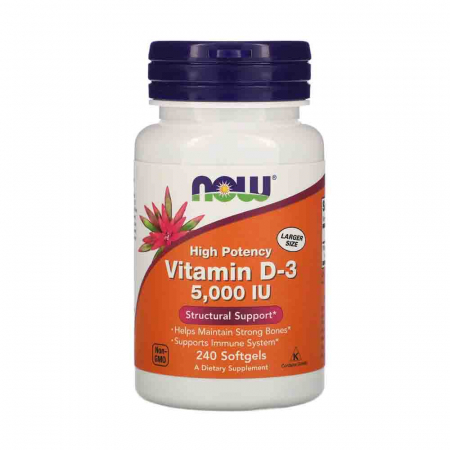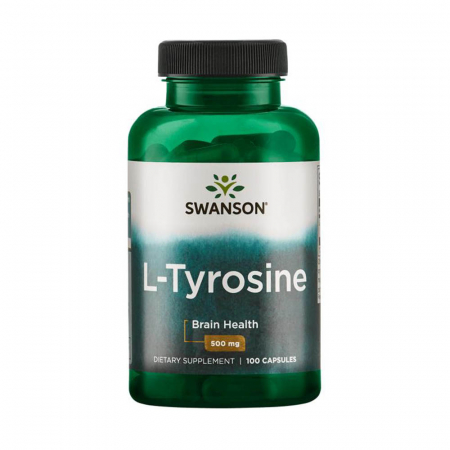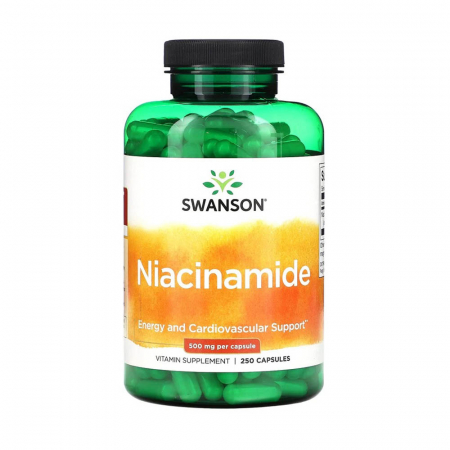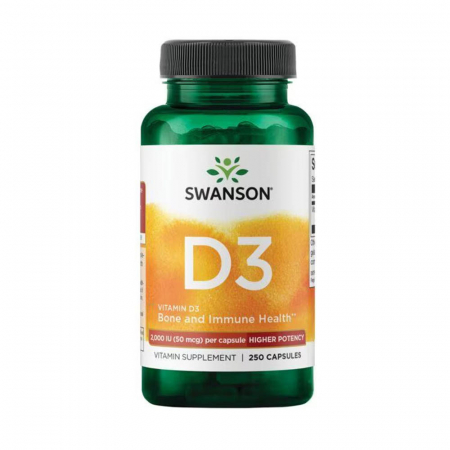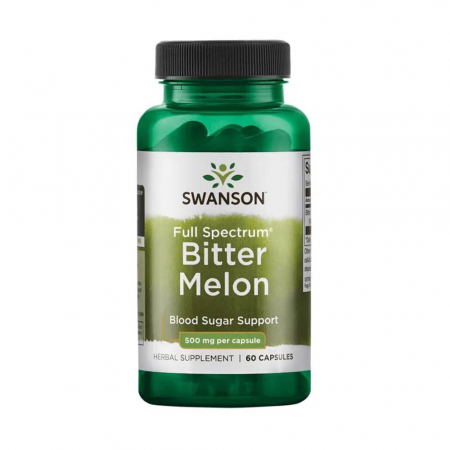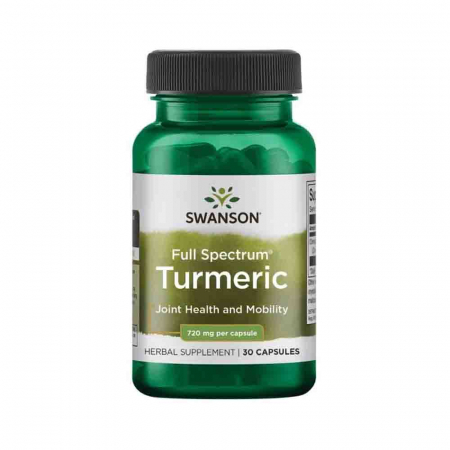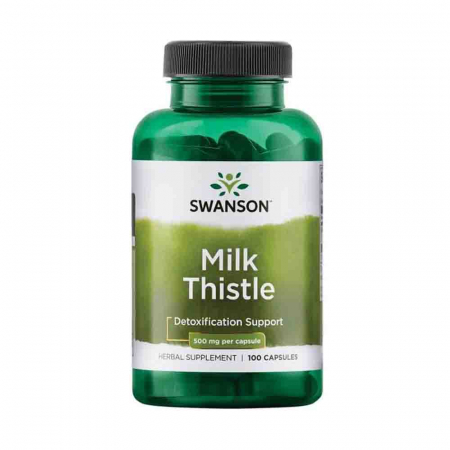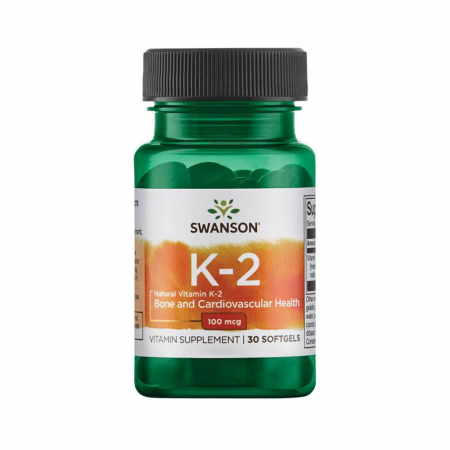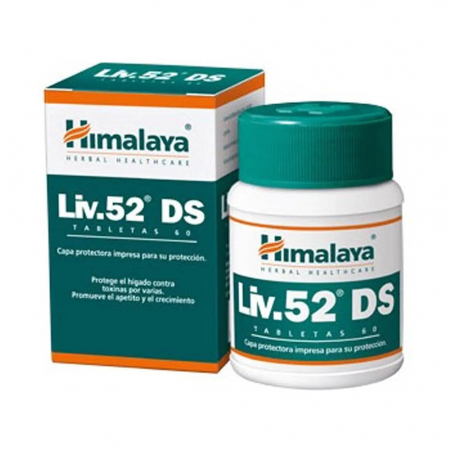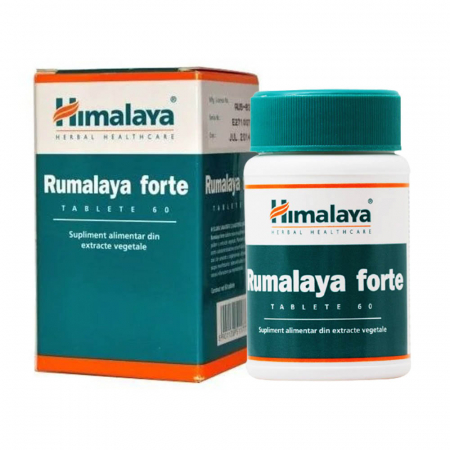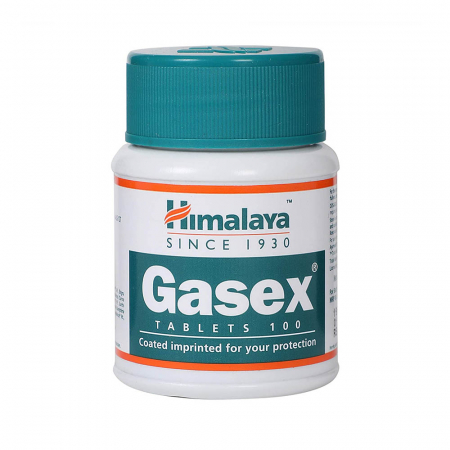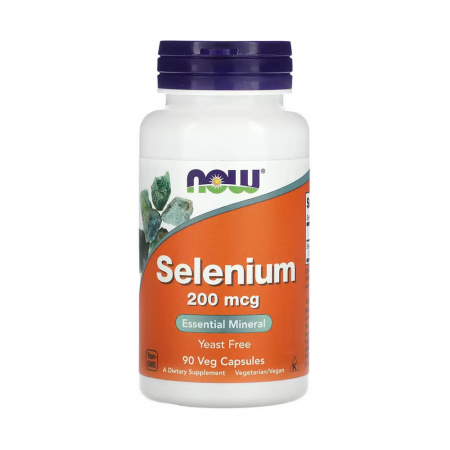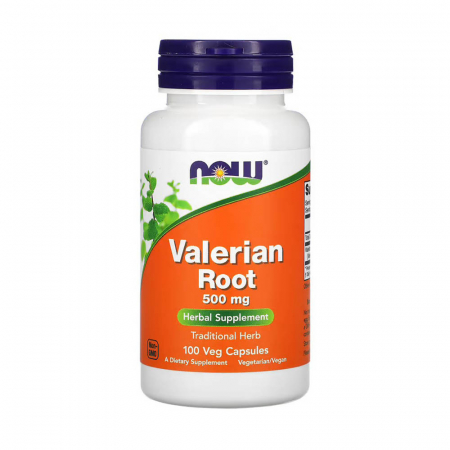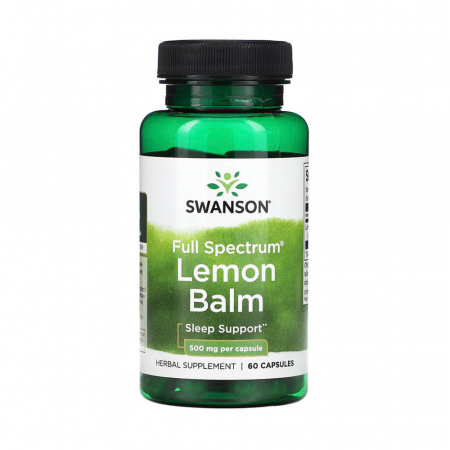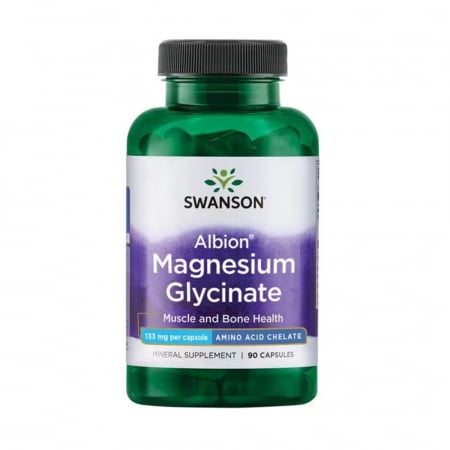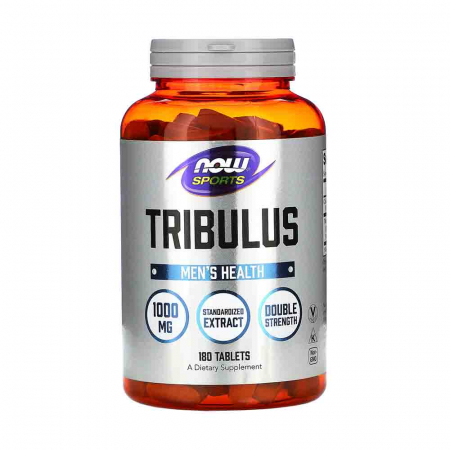Multimineral
Display: 1-31 from 31 products
FiltersRed Mineral Algae Aquamin (Alge Minerale Rosii), Now Foods, 180 capsule
Two-Per-Day Multivitamin & Mineral, Life Extension, 60 capsule
Children's Formula Mix Multivitamins, Life Extension, 120 tablets
Minerals are inorganic nutrients that are absolutely necessary for the body to function properly. They represent about 4% of human weight. However, their exact amount in the body is individual, depending on age, weight, sex and other factors. Deficiency of minerals in the body can cause anemia, diabetes or obesity, but can also be reflected in the physical appearance of hair, skin or nails.
Minerals are divided into two main groups. The first group represents the macroelements, they are found in almost all cells of the body, and the second group are the microelements, ie trace elements, necessary for the human body in smaller quantities.
Essential minerals - macroelements
Macroelements are minerals, and the human body needs them in larger quantities. This group includes: calcium, magnesium, phosphorus, potassium, sodium and chlorine.
Calcium
Up to 99% of calcium is stored in the bones and teeth, ensuring their solidity and strength, and the rest being freely bound in metabolism. The human body needs calcium to contract muscles, to expand blood vessels, and to transfer nerve impulses properly. Calcium also has an effect on the release of hormones and enzymes that affect all functions of the human body. Calcium should be given especially to people who are vegan and people who are lactose intolerant.
Magnesium
Magnesium is a mineral substance essential for the proper functioning of the human body, ensures energy production, is important in muscle contraction and bone mineralization. It contributes to the proper functioning of the metabolism, helps to relieve fatigue and promotes the proper functioning of the endocrine system. Magnesium has a protective effect on the body against depression. Magnesium deficiency can cause high blood pressure, headaches, migraines, but also increased nervousness.
Sulfur
This mineral helps to grow healthy nails and hair, makes sure that the hair does not become brittle and dull, and the nails are shiny. Sulfur protects cells from the toxic effects of heavy metals, stimulates bile secretion, and helps the body resist bacteria. It protects us from the negative effects of radiation, thus slowing down the aging process.
Phosphorus
It is a mineral that helps us keep our bones healthy. At the same time, it ensures the proper functioning of the vessels and muscles. Phosphorus is found in a high-protein diet, especially in meat, fish, nuts and legumes.
Potassium
Potassium is present in the body especially inside the cells, forming up to 86%. The ratio of potassium to sodium should be about 2: 1. Its increased need is mainly due to the greater loss of fluid from the body. This mineral is important for many biochemical processes, and its deficiency leads to damage to nerve activity and heart.
Sodium
It is an important mineral that allows the transfer of nerve impulses and maintains muscle activity at normal parameters. Neutralizes digestion in the small intestine and helps to form HCl (hydrochloric acid) in the stomach lining. The best known source of sodium is table salt. Its deficiency is manifested by anxiety, weight loss, but also causes a decrease in protein and fat synthesis, fatigue, headaches, depression and muscle cramps.
Chlorine
It is a mineral that participates in maintaining the acid-base balance. Together with sodium and potassium it regulates the osmotic pressure of the blood plasma. Chlorine is part of the HCl that forms in the stomach. Chlorine reaches the human body along with salt.
Essential minerals - trace elements
Among the microelements, ie the trace elements that the human body needs in a smaller amount, we recommend zinc, iron, iodine, selenium, manganese, copper, fluorine, chromium and others.
Zinc
Zinc is considered a super nutrient that is concentrated in muscles, bones, skin, kidneys, pancreas, eyes and men's prostate. Zinc supports the healing of wounds and scars, helps to cure acne and various skin problems. Maintains a functional immune system, supports digestion, but also growth and bone formation. Symptoms of zinc deficiency include: slow wound healing, frequent colds, dermatitis, liver dysfunction, and even poor visual acuity in the dark.
Iron
Iron plays an important role in our body and has an irreplaceable function. Its role is to ensure the transfer of oxygen from the lungs to other tissues of the human body. The right amount of iron ensures the proper functioning of the immune system. Iron contributes to the correct transformation of the elements an important thing for energy production. It also plays an important role in the process

